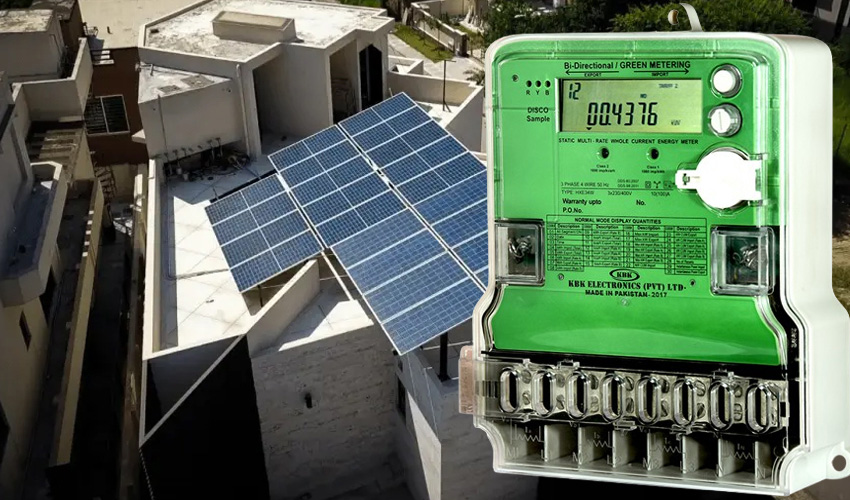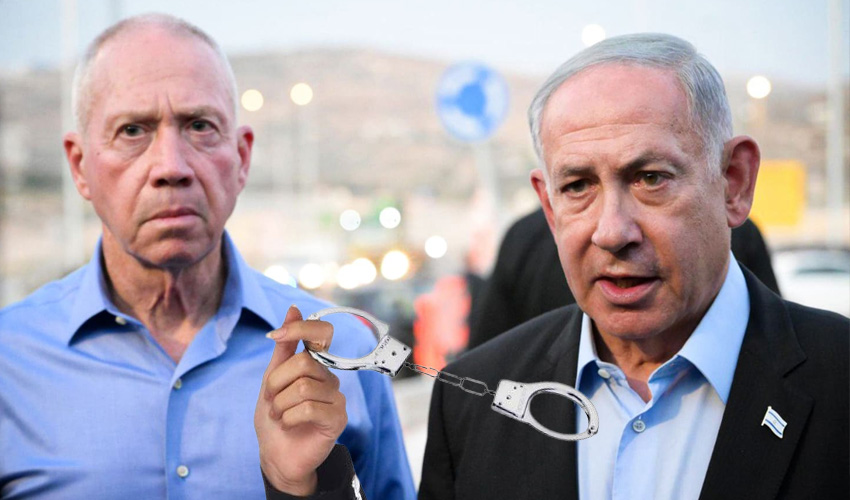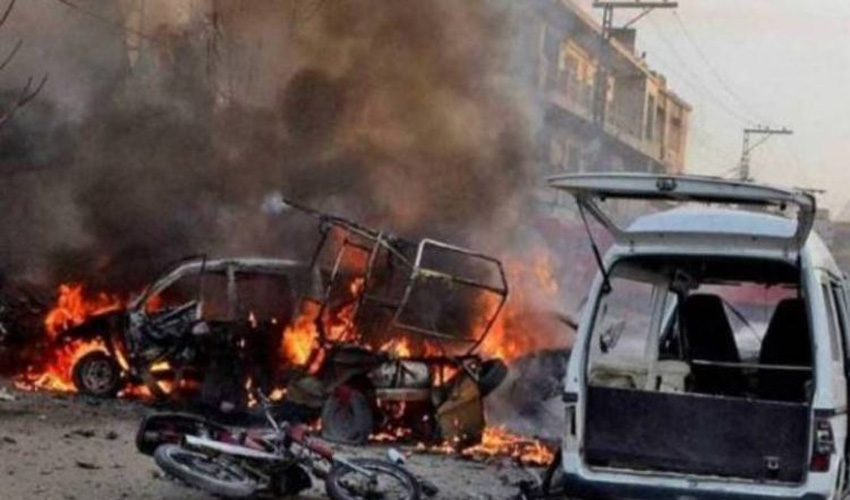Prominent American Muslim leaders joined former U.S. President Donald Trump onstage during his campaign rally in Detroit, Michigan, on Saturday, endorsing him as a candidate for peace amid growing frustrations within the Muslim and Arab American communities.
Trump, who has been actively campaigning in this critical battleground state, sought to capitalize on discontent over U.S. foreign policy in the Middle East.
Among the leaders brought forward by Trump’s campaign was Imam Belal Alzuhairi, who described the former president as the "peace" candidate, stating that he backed Trump’s promises to avoid further conflict in the Middle East. "We, as Muslims, stand with President Trump because he promises peace – he promises peace, not war," Alzuhairi said, according to CNN. "We are supporting Donald Trump because he promised to end war in the Middle East and Ukraine."
The rally came after Trump held a private meeting with Michigan Muslim leaders to address their concerns, signaling his campaign's focus on appealing to Arab American and Muslim voters who are increasingly skeptical of the Biden administration's handling of foreign conflicts. At the rally, Trump emphasized the potential influence of Muslim and Arab American voters, stating, “They could turn the election one way or the other."
Trump’s engagement with Michigan’s Muslim community marks a shift from his controversial actions during his presidency, including a 2017 executive order that temporarily restricted entry from seven Muslim-majority countries. Despite these past measures, Trump’s team is aiming to harness a growing desire within the Muslim community for a de-escalation in the U.S.'s involvement in foreign wars.
At the rally, Trump claimed he was attracting a diverse coalition, noting, "Jews, Catholics, evangelicals, Mormons, Muslims are joining our cause in larger numbers than ever before.” He added that voters in Michigan, especially within the Arab American and Muslim communities, are advocating for “a return to peace in the Middle East.”
Political analysts suggest that the Arab American and Muslim vote in Michigan could play a significant role in the upcoming election, as the community’s support for anti-war policies may sway a state where margins have historically been narrow.



























